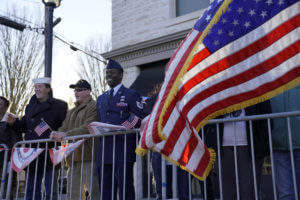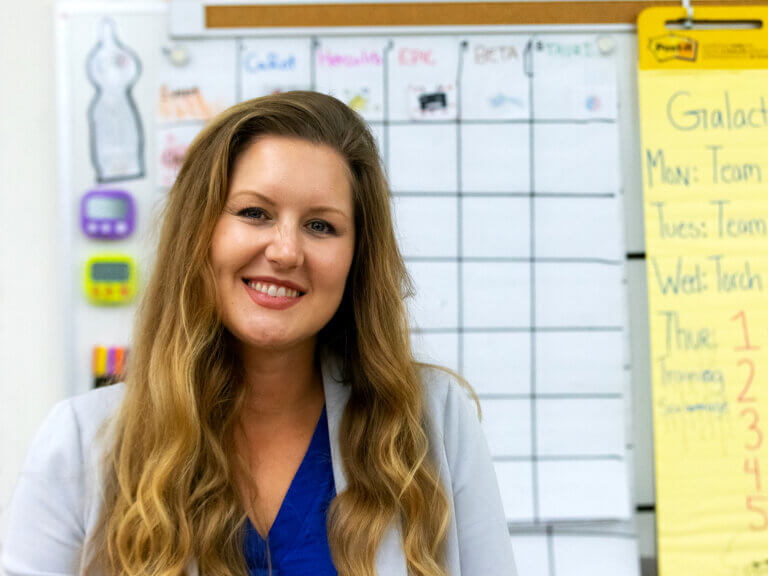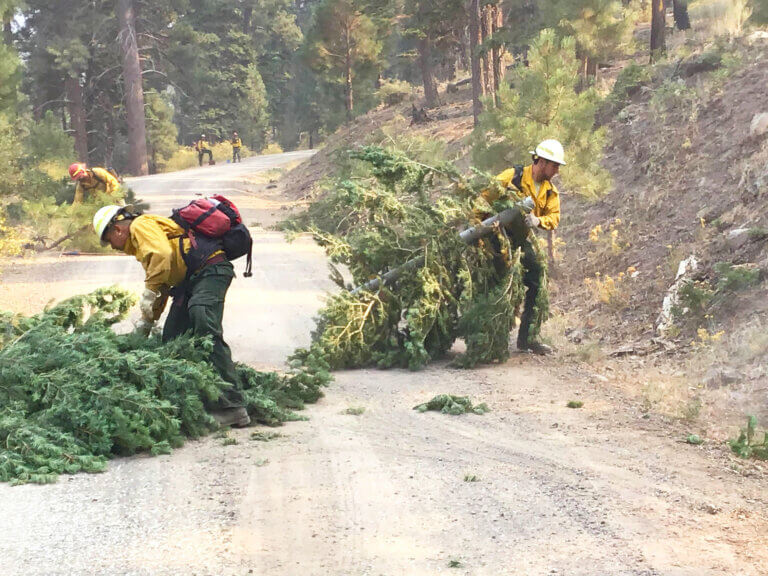Successful Transitions
Campus Veterans’ Resource Centers
A solid education serves as a strong foundation for civilian life. Addressing veterans’ unique needs on campus helps set the path forward.
 From Active Service Member to Student Veteran
From Active Service Member to Student Veteran
Like any significant life change, the transition from active duty back to civilian life can be a time of both excitement and trepidation. It’s a time when many veterans choose to pursue higher education to help them move forward after military service.
Whether they choose a vocational training program or a full academic degree, veterans find themselves among students, many right out of high school, who have not shared in one of their most significant life experiences. Through campus veterans’ resource centers (VRCs), veterans receive support and resources to help them navigate their time on campus. The centers help student veterans leverage the strengths they developed in their past service into success in their educational pursuits — and beyond.

The experiences, the understanding, and even just the growing up that student veterans have gone through before they enter the classroom is so important to share with other students.— Keryn Neary, Veterans Benefits Specialist, Linn-Benton Community Collage
A Growing Community
According to the Oregon Department of Veterans’ Affairs (ODVA), The number of student veterans more than doubled in the U.S. between 2009 and 2013, and the Post-9/11 GI Bill and other educational benefits are continuing to bring new student veterans to college campuses in record numbers.
Student veterans bring diversity and a wealth of experience to college campuses in Oregon. As non-traditional students, they tend to be older than their peers (most are between the ages of 24 – 40), many are married, have children, and often have other responsibilities outside of school. Their military experience brings a maturity that often makes them positive role models for other students.
A Place to Land
The VRCs across Oregon’s public universities and community colleges share certain attributes, but they often reflect the unique needs of their student veterans. Tutoring, academic services and counseling comprise the core features, but veterans’ unique mental health needs are addressed too. Some campuses include wellness spaces, quiet rooms, or peer-to-peer counseling. In all cases, the VRCs strive to become a community space that serves as a home-away-from-home during a veteran’s time on campus.

Graduation
Crossing the Finish Line
What Thriving Looks Like
Although there are almost two dozen VRCs on Oregon’s public campuses, they all share a single purpose: To help veterans thrive. According to the ODVA’s Joe Mah, “We want to see veterans access either vocational or academic training and be able to attain gainful employment from that.”
Crossing the educational finish line might look different for different veterans, but whether it’s in the form of a vocational certification from an Oregon community college or a university graduation (like the one pictured here at Portland State University), veterans who complete their education goals are better prepared for the job market and ready to take their next steps into civilian life.

Through Measure 96 lottery funding, ODVA helps administer the Campus Veteran Resource Centers at seven public universities and 14 community colleges here in Oregon.— Joe Mah, Campus Veteran Coordinator, ODVA

Lottery Funding for Veterans
Oregon voters made the decision in 2016 to extend Oregon Lottery funding to support veteran services. While a handful of other state lotteries provide similar support, it often consists of the proceeds of a single scratch ticket or other game. In Oregon, voters instead elected to provide a percentage of lottery proceeds, ensuring a consistent and significant level of support to those who supported us all through their military service.
Administered by the Oregon Department of Veterans’ Affairs, these dollars now support VRCs, county veteran service offices, advocacy offices for tribal, LGBT, and other under-represented veteran groups — and more!
Featured Projects
LOTTERY DOLLARS DOING GOOD THINGS IN YOUR COMMUNITY
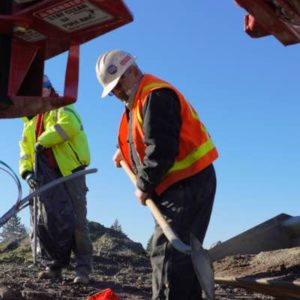
Economic Growth
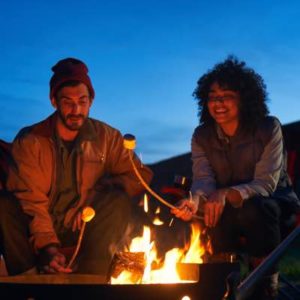
State Parks

Outdoor School
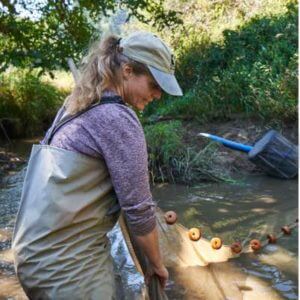
Natural Habitats
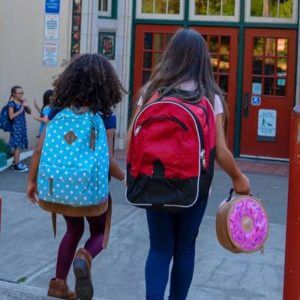
Public Schools
